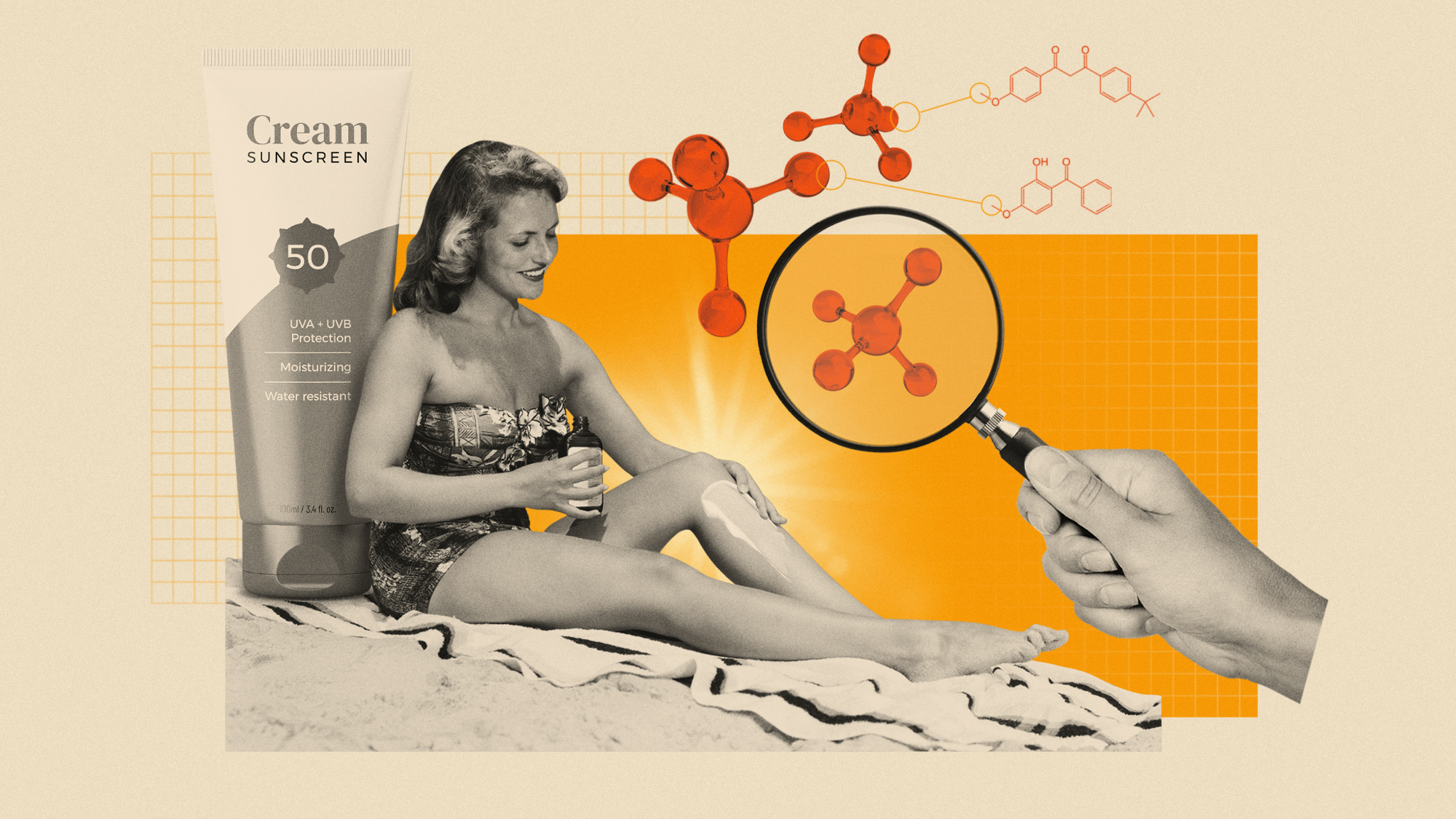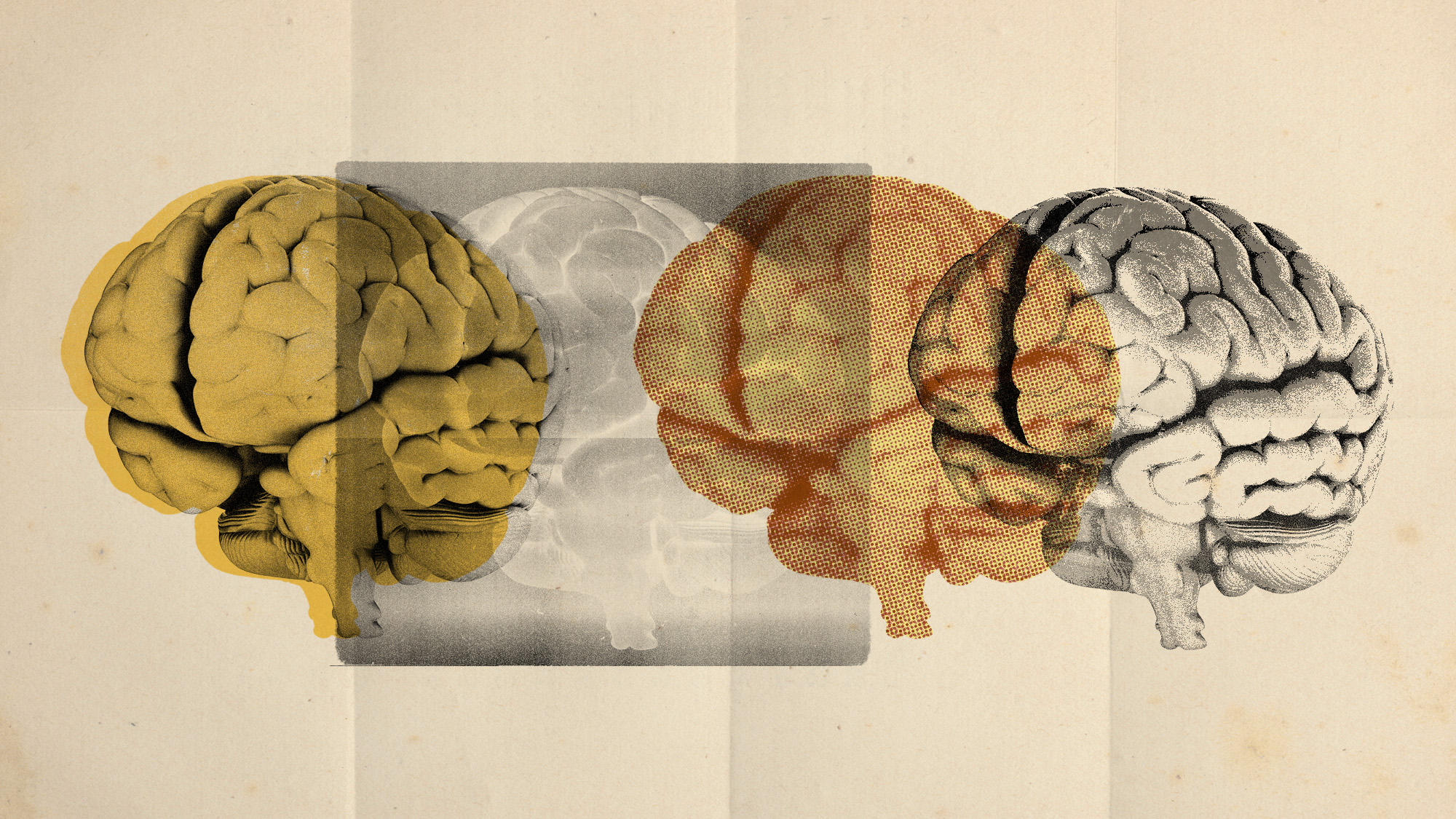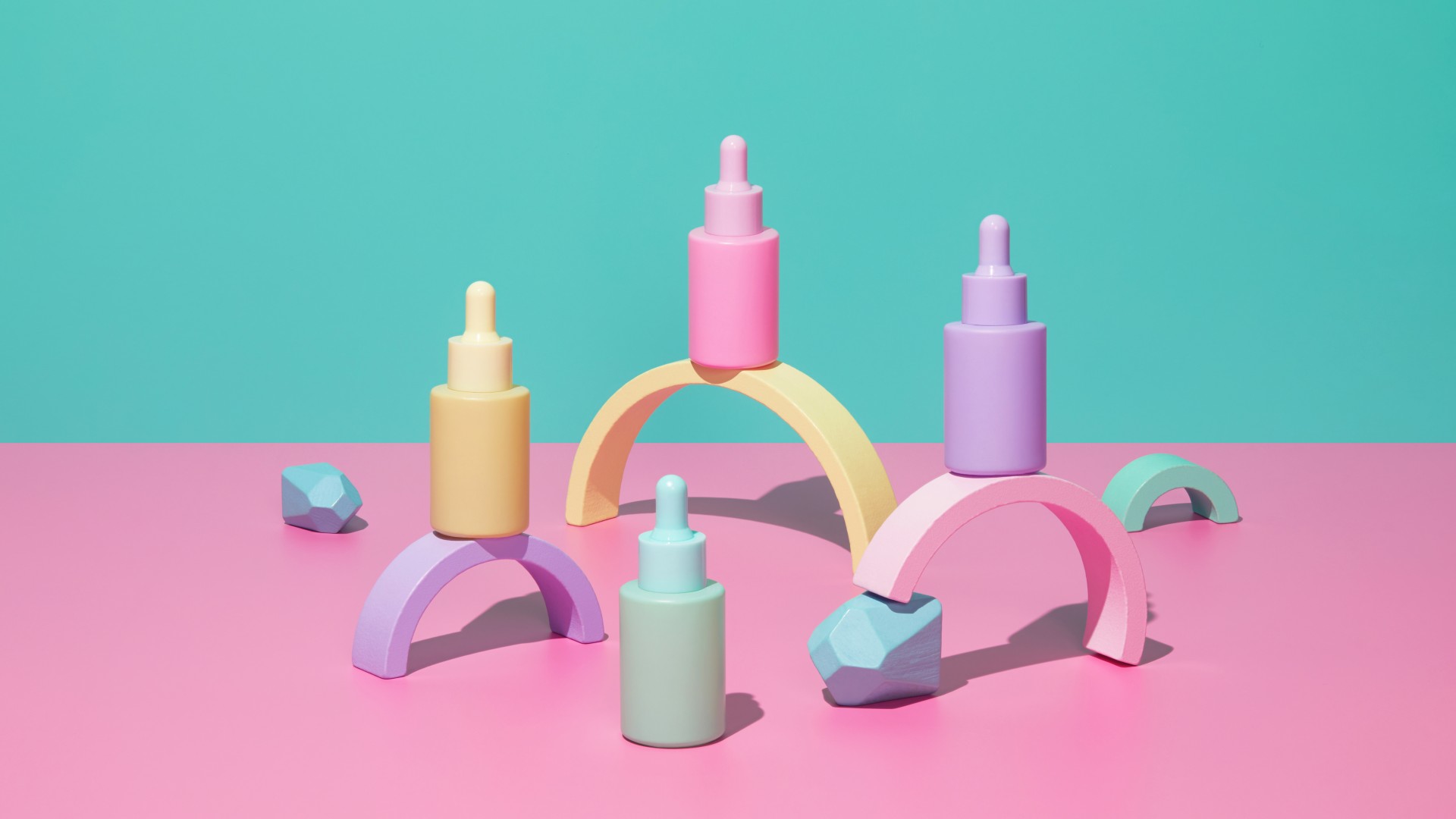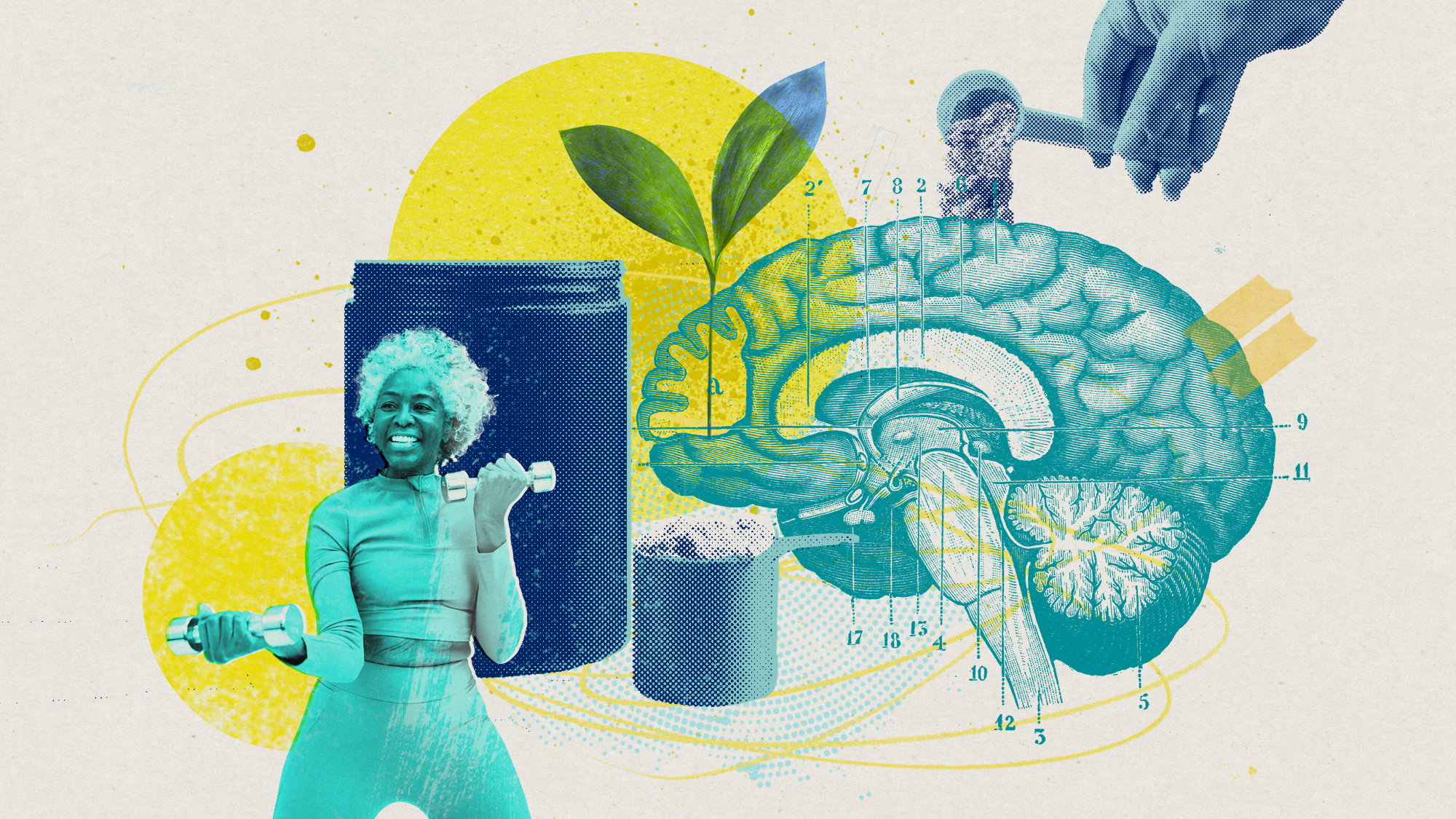The app tackling porn addiction
Blending behavioural science with cutting-edge technology, Quittr is part of a growing abstinence movement among men focused on self-improvement

A free daily email with the biggest news stories of the day – and the best features from TheWeek.com
You are now subscribed
Your newsletter sign-up was successful
"It might still be taboo in polite society, but online, porn is ubiquitous," said The Free Press.
A 2020 study found that 91% of men and 60% of women in the US reported consuming porn, while PornHub, the world's most popular adult content site, received 11.4 billion visits from mobile devices in one month in 2024, according to Statista.
Yet while the digital wellness industry is projected to hit $1.5 trillion by 2030, it "has long tiptoed around one of the most stubborn and stigmatised issues of our time", said LA Weekly: "compulsive consumption of adult content". Until now.
The Week
Escape your echo chamber. Get the facts behind the news, plus analysis from multiple perspectives.

Sign up for The Week's Free Newsletters
From our morning news briefing to a weekly Good News Newsletter, get the best of The Week delivered directly to your inbox.
From our morning news briefing to a weekly Good News Newsletter, get the best of The Week delivered directly to your inbox.
'Therapy, gamified'
Founded by British teenager Alex Slater and his American business partner Connor McLaren last year, porn abstinence app Quittr has already passed a million downloads from more than 120 countries and has around 100,000 paid users, according to McLaren.
Quittr's "meteoric rise is no accident", said LA Weekly. The app blends "behavioural science, habit-formation theory, and cutting-edge technology to create a recovery experience that's as effective as it is engaging".
Every day subscribers renew their pledge not to watch porn, instead choosing goals such as stronger relationships, more energy or a better sex life. The core offering is a "panic button" that shames users about to relapse. The app also offers AI chatbots and exercises that rewire the brain, and access to a huge support network.
"It's therapy, gamified; discipline, democratised," said Tech Times, and it appears to be paying off. Quittr says it boasts a 41% one-year abstinence rate, "more than triple the industry average for digital recovery tools".
A free daily email with the biggest news stories of the day – and the best features from TheWeek.com
Because it is promoted predominantly through influencers and social media, most subscribers are under 40, and a significant number are under 18. Research suggests many young adults encounter porn from the age of 12.
Having started with just $3,000 of the founder's own money, Quittr is set to record almost $3 million in total revenue this year. "When porn is an industry worth tens of billions of dollars", it shows that when done right "the anti-porn business can also be pretty lucrative", said The Times.
From immoral to self-improvement
Quittr is part of the wider porn abstention movement, driven by a growing understanding of the impact it is having on young men.
Rather than the traditional objections over morality or unethical treatment of performers, now the emphasis of the anti-porn movement is on consumers' own "self-improvement", said Financial Review. "Popular podcasters and influencers" argue that watching porn can "lead to unrealistic sexual expectations" for young men and "weaken their drive and motivation by messing with their dopamine levels".
Leading the pushback against porn in male online spaces is the NoFap community, which encourages men to abstain from masturbation with the promise of better interpersonal relationships and higher testosterone levels. Like Quittr it promotes the benefits of improved focus and more time to pursue individual goals.
"This is Gen Zers trying to say, 'I'm fed up with being played, and my life feels out of my control'," said psychologist Zac Seidler, the global head of research for men’s health charity Movember. "And I think that it ties in and overlaps extensively with the notion of purpose and meaning and self-development and growth, which is really flourishing among young guys."
-
 Bad Bunny’s Super Bowl: A win for unity
Bad Bunny’s Super Bowl: A win for unityFeature The global superstar's halftime show was a celebration for everyone to enjoy
-
 Book reviews: ‘Bonfire of the Murdochs’ and ‘The Typewriter and the Guillotine’
Book reviews: ‘Bonfire of the Murdochs’ and ‘The Typewriter and the Guillotine’Feature New insights into the Murdoch family’s turmoil and a renowned journalist’s time in pre-World War II Paris
-
 Witkoff and Kushner tackle Ukraine, Iran in Geneva
Witkoff and Kushner tackle Ukraine, Iran in GenevaSpeed Read Steve Witkoff and Jared Kushner held negotiations aimed at securing a nuclear deal with Iran and an end to Russia’s war in Ukraine
-
 ‘Zero trimester’ influencers believe a healthy pregnancy is a choice
‘Zero trimester’ influencers believe a healthy pregnancy is a choiceThe Explainer Is prepping during the preconception period the answer for hopeful couples?
-
 ‘Longevity fixation syndrome’: the allure of eternal youth
‘Longevity fixation syndrome’: the allure of eternal youthIn The Spotlight Obsession with beating biological clock identified as damaging new addiction
-
 RFK Jr. sets his sights on linking antidepressants to mass violence
RFK Jr. sets his sights on linking antidepressants to mass violenceThe Explainer The health secretary’s crusade to Make America Healthy Again has vital mental health medications on the agenda
-
 The truth about sunscreen
The truth about sunscreenThe Explainer The science behind influencer claims that sun cream is toxic
-
 Scientists have identified 4 distinct autism subtypes
Scientists have identified 4 distinct autism subtypesUnder the radar They could lead to more accurate diagnosis and care
-
 5 tips for building a healthy skin care routine for tweens and teens
5 tips for building a healthy skin care routine for tweens and teensThe Week Recommends Social media is pushing overly elaborate routines for young skin
-
 Orthorexia nervosa: when clean eating goes too far
Orthorexia nervosa: when clean eating goes too farThe Explainer Being healthy is fine, but obsessing over it is dangerous
-
 'Wonder drug': the potential health benefits of creatine
'Wonder drug': the potential health benefits of creatineThe Explainer Popular fitness supplement shows promise in easing symptoms of everything from depression to menopause and could even help prevent Alzheimer's